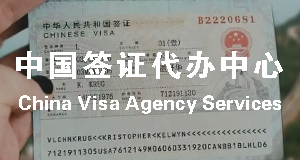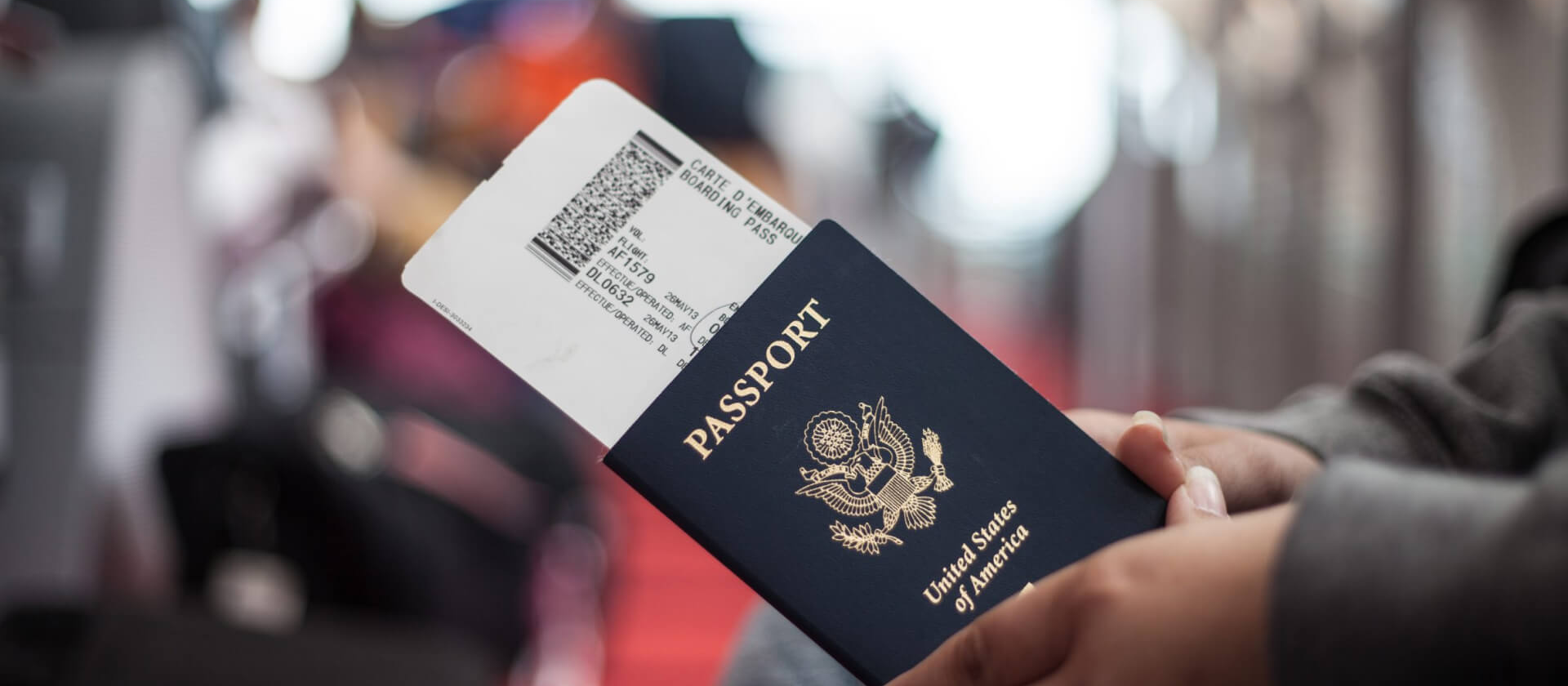
在美国它们都指的是同一件事。“公证复印件(TRUE COPY)”和“核证副本(CERTIFIED COPY)”互换使用。然而,从技术上讲,“Notarized ”是一个宽泛的术语,它可以包括见证某人签署某文件。
因此,我们倾向于使用“证明副本Certified Copy”或“真实副本True Copy”来指由公证人盖章的文件副本,以证明该副本是原件的真实副本。

TRUE COPY 和 NOTARIZED COPY,找一般的公证员就可以公证,而CERTIFIED COPY一般指的是政府部分颁发的核证副本。例如您加入美国籍的时候,一般都会问您“您的公民纸”需要一份CERTIFIED COPY吗?当然这这些都得额外付费。
参考原文
WHAT IS THE DIFFERENCE BETWEEN “TRUE COPY”, “CERTIFIED COPY”, AND “NOTARIZED COPY”?
They all refer to the same thing. “Notarized Copy” and “Certified Copy” are used interchangeably. Technically, however, “Notarized” is a broad term, which could include witnessing someone sign something. For that reason, we prefer to use the term “Certified Copy” or “True Copy” to refer to a copy of a document that has been stamped by a Notary to certify that the copy is a true copy of the original. And that’s all it means. A certified copy does not verify the authenticity of the original document, only that the copy is a true copy of what appears to be an original document to the Notary Public. Of course, Certified Copies can only be made of documents that are original. What makes something an original document is whether it has some sort of seal, stamp, or signature. Some types of documents that are very common to certify as true copies include such things as Identification documents (e.g. Passport, Driver’s License, Birth Certificate), Diplomas, Report Cards, etc.


 +1-320-844-4444 (US)
+1-320-844-4444 (US)


 话题
话题


